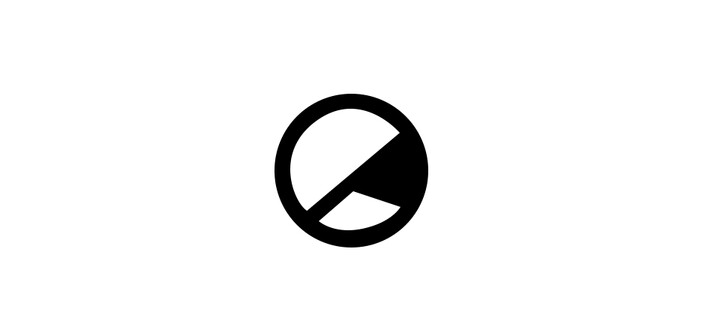You know the age old story – boy gets super powers somehow, meets a girl, has to save the world, probably has to save the girl, boy and girl kiss in some big satisfying finale. The girl normally dislikes or is at the very least disinterested by the guy at first, but is won over by his winsome charm. The romance sub plots of superhero films have become so predictable that they begin to rival romcoms for their formulaic nature. Not only is the inclusion of romance annoyingly predictable, it has become a way of developing character without having to put much effort in. The hero becomes a better man, and you know that because he finally gets the girl.
Some might argue that superheroes have feelings too – they need to have an emotional stake in the action for audiences to connect with their motivations, and the easiest way to do this is to create romantic tension with a female lead (and incidentally it has pretty much always been a female live interest played opposite a male superhero, thanks to the imbalance of male to female superhero films being made in the last year) to then give the character something to fight for. His reward when he saves the day is then to embark on a relationship with said female character. In this narrative the woman is framed as a prize for the male character. It doesn’t matter how accomplished she is, or how much she contributed, as soon as the music swells and the two characters kiss she is reduced to the superhero’s girlfriend. This isn’t just reductive in terms of female presentation, oftentimes real character development comes in the form of being in a relationship. Rather than struggling alongside an equal partner, the male superhero is cheered on by the woman at his side, and he becomes better for it.
The source material for superhero films make it very easy to fall into the idea that superhero films need to have a romantic subplot – some of these characters have such a long history that when you read the names of the characters in a film you know exactly who is meant to fill that love interest role. Clark Kent and Lois Lane. Peter Parker and Mary-Jane Watson. And if you don’t know comic books, a quick google of the name of an unfamiliar female is almost guaranteed to tell you that in the comic books this woman has had a relationship with the hero. And this is why filmmakers need to stop falling into the trap of including a romantic subplot in their superhero films. It is too predictable, and doesn’t allow the characters to develop alongside one another into people who would actually be in a relatiknship. Comic books often take many volumes and issues to develop a relationship, showing us the characters as they grow, and this is something that TV shows give space to. These great romances are given time, whereas films seem determined to shoehorn them into the first time a character is on the big screen.
Ant-Man is one of Marvel’s most recent film offerings, and it has a lot going for it – great humorous moments, a sharp performance by Paul Rudd, a bizarre concept that it completely runs with. However, it is let down by the insistence on a romantic relationship being realised by the end of the film. The relationship between Rudd’s Scott Lang and Evangeline Lilly’s Hope Pym is shoehorned in at the end, when Michael Douglas’ Doctor Pym finds them kissing behind a closed door. Up until this point the characters had been plodding along nicely, connecting together as two human beings, with a little sexual tension. But when a romantic relationship is heavily implied at the end of the film, their emotional connection is cheapened. Hope’s narrative becomes less of a story of a woman gaining her father’s recognition as a capable hero, and becomes more about her as the other half of a superhero couple, which was expected from the very start of the film. She becomes ‘and Wasp’ before she even dons the suit, Ant-Mans girlfriend before being her own hero.
I want to see a superhero couple who have developed independently for more than ninety minutes, who the audience have seen develop a mutual respect and understanding for one another, not just an immediate lust presented as love at first sight. I want to become invested in a relationship because it makes sense for them to be together, not just because they have been together in the comic books, so they must get together in the film. I want a relationship which develops naturally though our exposure to the characters, and doesn’t just stop and start between instalments (Thor is a big culprit of this, what with Thor disappearing to Asgaard between installmenta, leaving Jane in limbo). Remove romantic subplots from first installments completely, and show us male and female friendship first – the romance will be all the better for it.




